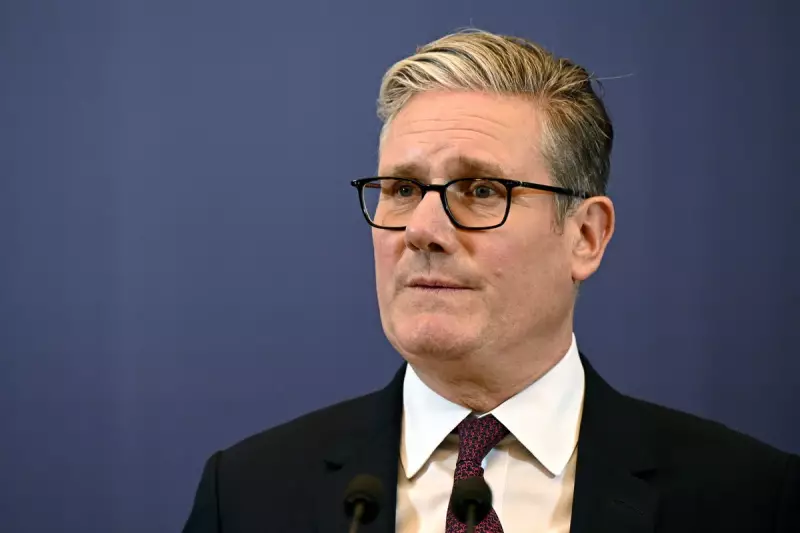
Labour leader Sir Keir Starmer has ignited a firestorm within his own party after making controversial comments regarding Israel's military actions in Gaza. The political fallout comes as the Labour Party struggles to maintain unity over the escalating Middle East conflict.
Controversial Radio Interview Sparks Outrage
During an interview on LBC radio, Sir Keir appeared to defend Israel's decision to cut off essential supplies to Gaza, stating that the country "has the right" to withhold power and water from the Palestinian territory. These remarks have drawn immediate condemnation from across the political spectrum and beyond.
Senior Labour Figures Break Ranks
The backlash has been particularly sharp from within Starmer's own party. Senior Labour MP Yasmin Qureshi, who serves as shadow women and equalities minister, publicly declared that cutting off water supplies constitutes "a clear breach of international law."
Meanwhile, London Mayor Sadiq Khan broke his silence to emphasise that "all parties must abide by international law" in their military operations, adding his voice to the growing chorus of concern.
Muslim Community Leaders Express Alarm
The controversy has resonated deeply within British Muslim communities. The Muslim Council of Britain issued a statement describing the situation as "nothing short of a collective punishment against the Palestinian people," while the Council of British Arabs warned that Starmer's comments could have "serious repercussions" for community relations.
Clarification Attempt Fails to Quell Criticism
In response to the mounting pressure, a Labour spokesperson attempted to clarify Starmer's position, stating that his comments were not intended as a "green light" for withholding essential resources. However, this explanation has done little to calm the political storm.
The spokesperson emphasised that while Israel has the right to self-defence, "everything must be done within the framework of international law," and that civilians must have access to essential supplies.
Wider Political Implications
This incident highlights the delicate balancing act Starmer faces in maintaining party unity while navigating complex international conflicts. With significant portions of Labour's traditional support base holding strong views on the Palestinian cause, the leader's comments risk alienating key constituencies.
The timing is particularly sensitive as the party seeks to present a united front ahead of potential general elections, making internal divisions on foreign policy particularly damaging.





